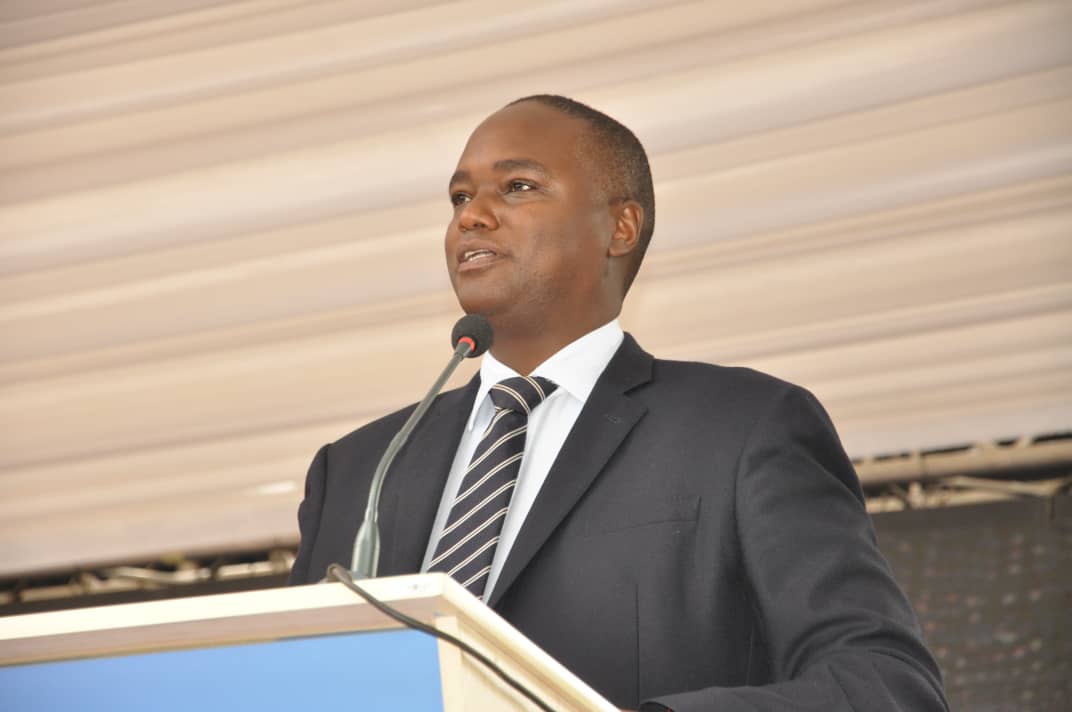Stanbic Bank has awarded graduation certificates to 420 entrepreneurs from 119 Small and Medium Enterprises (SMEs) through its business incubator.
The graduates who received their certificates on Friday form the second cohort to graduate since the incubator was launched earlier this year. A total of 94 entrepreneurs from 34 businesses graduated during the first batch, making a total of 153 SME companies and 514 entrepreneurs who have benefited from the program so far.
Speaking during the graduation ceremony, Stanbic Head of Enterprise Development Tony Otoa said that the facility seeks to equip Ugandan SMEs with the necessary skills, knowledge and understanding of the requisite standards required to successfully participate in the Oil and Gas sector, and to run their businesses in a sustainable and profitable manner.
“It fills me with great pride to see the incubator attract more and more businesses with each in take. Today, 119 SMEs have graduated compared to 34 in May this year. This is a clear indication that we are moving in the right direction towards impacting on business sustainability and ultimately job creation,” Tonya remarked.
Stanbic Chief Executive Patrick Mweheire stressed the importance of SMEs as key engines of economic growth in Uganda. Approximately 2.5 million people are employed in SMEs in Uganda, he said, contributing 20% of Gross Domestic Product and producing 80% of Uganda’s manufactured output.
“They however continue to be plagued with challenges that limit their potential, including lack of financial support and lack of skills including entrepreneurial, management, marketing and financial planning,” Mweheire said.
“Stanbic Bank, through this incubator, is nurturing SMEs in order for them to develop and grow by bridging the identified gaps.”
The graduating cohort is involved in a wide range of businesses including catering and catering support services, security, medical services, facilities management including cleaning services, fumigation and pest control and grounds management.
The other fields include equipment logistics, personal transportation and warehousing and logistics support services hotels and accommodation, entertainment, events management and support services, recreation, travel and tour operations.
Richard Ochieng, of the Uganda National Oil Company (UNOC) noted that one of the biggest challenges facing these SMEs is compliance and governance.
“These are key aspects for any competitive business to thrive and be able to operate in a high standard environment. I believe the entrepreneurs who graduated today from the Stanbic Business Incubator are well equipped to participate and in the sector as we await first oil,” Ochieng said.
Uganda’s first oil is expected in 2021 according to the Ministry of Energy and Stanbic believes this will be ample time to have trained as many SMEs as possible and position them to benefit and make the biggest impact. The bank plans to expand and establish business incubators across the four regions of the country.










